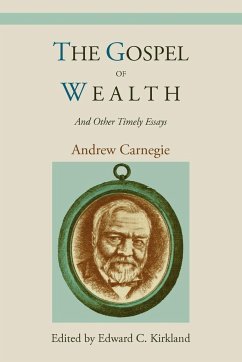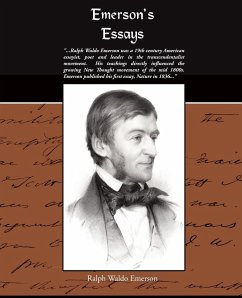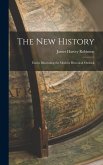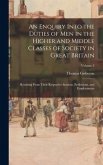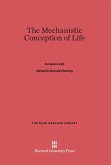Reprint of 1962 edition. "The Gospel of Wealth" is an essay written by Andrew Carnegie in 1889 that described the responsibility of philanthropy by the new upper class of self-made rich. The central thesis of Carnegie's essay was the peril of allowing large sums of money to be passed into the hands of persons or organizations ill-equipped mentally or emotionally to cope with them. As a result, the wealthy entrepreneur must assume the responsibility of distributing his fortune in a way that it will be put to good use, and not wasted on frivolous expenditure. This edition contains Carnegie's famous "Gospel of Wealth", as well as three other essays by Carnegie. Also contains a long scholarly introduction by Edward C. Kirkland. Other essays include "How I served my apprenticeship", "The Advantages of Poverty', and "Popular Illusions about Trusts." Originally published by Harvard University Press.

